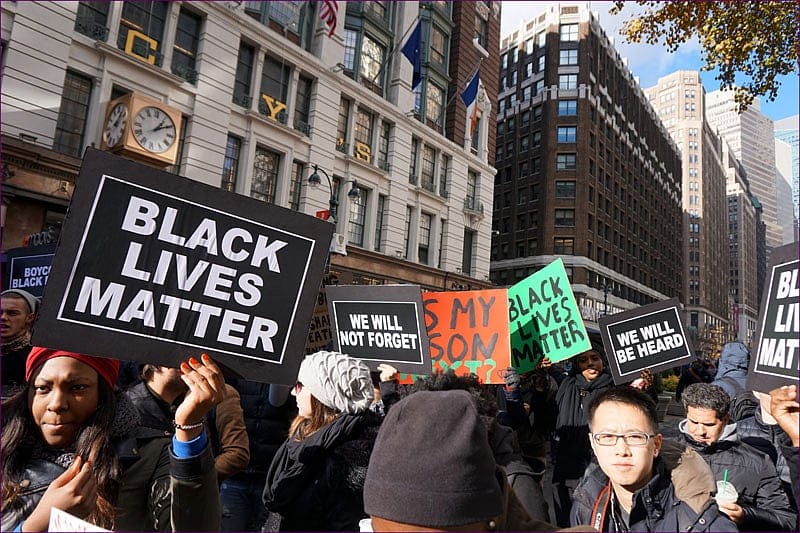Can You Believe Black Lives Matter and Not Support BLM?

In the clamor that has followed the killing of George Floyd on May 25, there is the insistence that we must all speak out against racism. A Martin Luther King Jr. quote is often mentioned: "In the end, we will remember not the words of our enemies, but the silence of our friends."
Along with the reasonable demand to speak up, it seems, is an unreasonable stipulation to follow a specific script, using only approved words. For example, one is not allowed to proclaim the universal truth that all lives matter. That, we are told, only diminishes the call to end racism, watering down the cry that black lives matter. The script is loaded with additional ideology – opining on everything from family make-up to transgenderism – and unjust generalizations of groups, especially police officers. Yet, not following the script may bring charges of racism to your doorstep.

